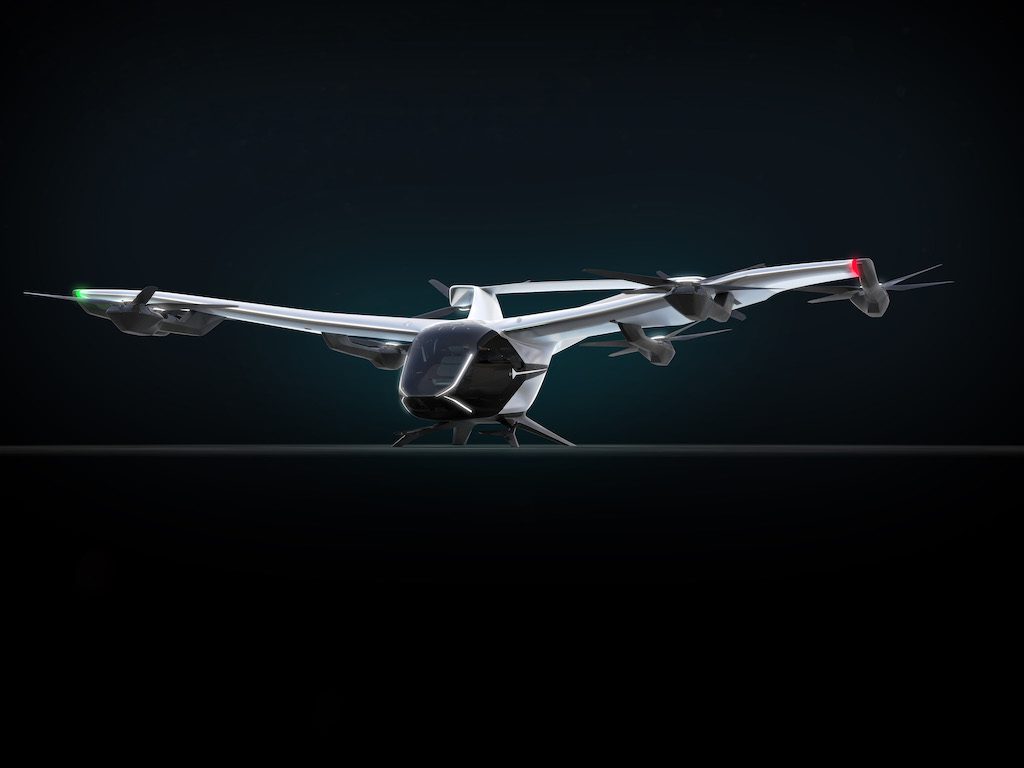
Diehl Aerospace and Thales are supplying the flight control computers for the CityAirbus NextGen eVTOL aircraft. (Airbus)
Diehl, the Germany-based aircraft systems supplier and Thales, the Toulouse-based avionics maker, will each supply the flight control computers for the CityAirbus NextGen electric vertical takeoff and landing (eVTOL) aircraft revealed by Airbus during their Sustainability Summit in September.
Airbus announced the flight control computer supplier agreements in a Nov. 17 press release, establishing Thales as the supplier of the eVTOL’s main computing system with Diehl supplying a secondary flight control computer.
“I’m delighted to announce today the first system partnership for the development of our CityAirbus NextGen” Joerg P. Mueller, head of urban air mobility at Airbus said in the release. “UAM is a joint effort. Nobody can do it alone. Airbus is reaching out to potential partners from the industry to design and build an optimised vehicle for safe and efficient air transport in urban environments. With Thales and Diehl, we are proud to have two excellent partners with a lot of expertise on board.”
CityAirbus NextGen’s flight control computing architecture will be dissimilar, and “comply with the new EASA regulation for eVTOL,” according to Airbus. Diehl’s secondary flight control computer will be responsible for monitoring data outputs from the primary computer, “and it can also take over the flight control itself,” Airbus notes in the announcement.
The European Union Aviation Safety Agency (EASA) is working on a special condition VTOL (SC VTOL) means of compliance (MOC) to certify eVTOL aircraft. A finalized version EASA’s MOC for eVTOLs will use newly developed Eurocae standards.
A central component to the flight control computer that Diehl will supply is its “remote computing module (RCM)” capable of enabling “multifunctional applications beyond the pure flight control,” according to an announcement about the supplier partnership posted by the company. The division of Diehl that will be supplying the secondary FCC, Diehl Aerospace, is operated as a joint venture between Diehl Aviation and Thales.
Thales notes that the redundancy built into the flight control computing system and its streamlined architecture “will make certification simpler while retaining the capacity to accommodate further developments and host multiple functions such as navigation, guidance and pilot assistance,” in a Nov. 17 announcement.
“We are thrilled to see that our close cooperation with Airbus and Diehl is once again delivering concrete results through an agreement that will add a whole new dimension to air mobility,” Yannick Assouad, Thales Executive Vice President, Avionics, said, commenting on the new partnership. “With this safe and innovative flight control solution, we are working together to build an airspace environment we can all trust.”
Airbus is aiming to launch its eVTOL with a range of 80 kilometers with speeds of up to 120 kilometers per hour. The zero emissions all-electric four-seater aircraft is being developed initially as a prototype, with Airbus indicating plans to achieve a first flight by 2023 and certification as early as 2025, according to comments made by Mueller, during the recent Sustainability Summit.